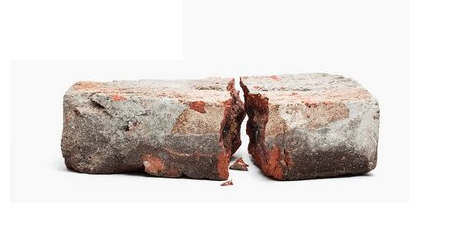BRIC Broken? The End of Branded Drugs in India
The Indian Health Ministry has made the game-changing announcement that its states are no longer to issue licenses for the manufacture or sale of branded drugs.

The Indian Health Ministry has made the game-changing announcement that its states are no longer to issue licenses for the manufacture or sale of branded drugs.
Companies wishing to apply for a license to market or manufacture Fixed Dose Combination (FDC) drugs will have to submit them under their generic name, for instance as ‘paracetamol’ instead of ‘Tylenol’. Dr G N Singh, the Drug Controller General of India, stated that “we want to gradually move towards a future where we will not issue any brand or trade names. We are going all out to push generic drugs solely for the benefit of the public."
The Health Ministry has been doing its utmost to promote generics as a way of cutting the costs of healthcare for the developing nation. G N Singh commented that "We have sent the order to all state health secretaries asking them to instruct their drug licensing issuing authority to issue licenses only on generic names and not on branded or trade names, which is the usual practice now. A branded drug can be 10 times more expensive than a generic one”. Doctors have been warned by the Health Ministry that strong action will be taken against anyone prescribing branded drugs.
The Times of India, which originally carried the story, noted that in some of India’s states over 87% of healthcare spending was out-of-pocket, of which 72% was spending on medicines. To counter this trend, the government has been trying to establish a nationwide chain of pharmacies offering reasonably-priced generics, although so far only a few stores have been opened.
‘Branded generics’ have often been touted as a way for big pharma to expand into emerging markets, especially in India where it is notoriously difficult to get patents for new drugs – something Pfizer found out recently when it was refused a patent for Sutent, a new kidney and liver cancer medication. However after this latest announcement, it seems like pharma will have to go back to the drawing board.
India’s efforts to curtail the prices of medications for its citizens can be compared to those of China, which has taken a different approach by allowing Western companies to tender for inclusion on fixed-price Drug Reimbursement Lists (DRL). Only 22% of India’s population is at present covered by public health insurance, but this is set to rise to 52% by 2017, which may have been a contributing factor in the government’s decision to turn to generics as a way of cutting costs.
